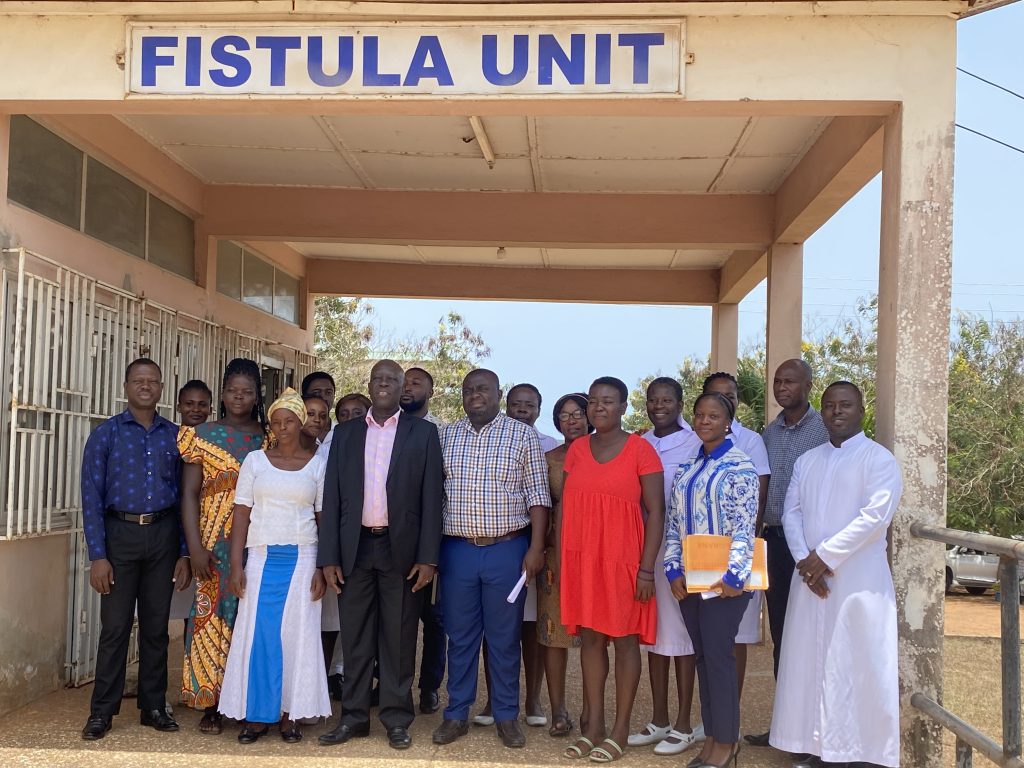By Edward Dankwah
Accra, April 5, GNA – The Mankesim Fistula Unit of the Mercy Women’s Catholic Hospital has called for a more enduring funding structure to serve patients with obstetric fistula.
The main issue impeding improvements in the treatment, care, and empowerment of patients was the absence of a reliable source of funding, it said.
Obstetric fistula is an abnormal medical condition that occurs during obstructed labour, creating a hole in the birth canal, resulting in uncontrolled unrine and passing of stool.
The Unit made the call when it received surgical equipments from the United Nations Population Fund (UNFPA) to improve the quality of health care for patients.
The equipments included 15 each of patient monitors with stands, beds, and lockers, five each of trolleys and stainless steel medication trolleys, two suction machines and microscopes, and 50 bedsheets, estimated at USD 45,000.

Dr Wilfred Ochan, the Country Representative of UNFPA, said the Fund had supported the National Obstetric Fistula Programme in various capacities, including providing financial support for surgical repairs of survivors, building the capacity of surgeons, equipping of repair facilities, and engaging in advocacy on Obstetric Fistula.
“The donation of this equipment represents a significant investment in the health and well-being of women and girls living with obstetric fistula, and it is a tangible expression of our commitment to supporting the rights and restoring dignity of all women and girls,” he stated.
Dr Ochan applauded the Management and Staff of Mercy Women’s Hospital for their contribution to ending the plight of women with obstetric fistula in Ghana and beyond.
He noted that the Mankessim Fistula Centre could be supported to be a hub for routine repairs in the country.
Dr Joseph Berko, a Residence Doctor at the Unit, said statistics usually proved that most of the patients were teenagers, people from poor backgrounds, and others not working, hence, they were unable to pay for the repairs to be done.
The cost involved for the surgery was free, but based on sponsorship, hence called on stakeholders to also support this worthy course.
Dr Berko advised women suffering from fistula to approach their various community leaders on how to access the free treatment at the Unit and encouraged women with the disease not to feel stigmatised.
Madam Rose Mantey, a Principal Nursing Officer at the Hospital, said the Unit currently had 25 cases on its list and able to treat only 11 patients last year due to lack of funds to embark on the surgery.
She called for support from donors to treat patients on time as some lost their spouses and friends in the communities “due to the stench.”
GNA